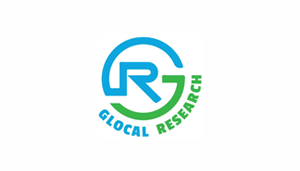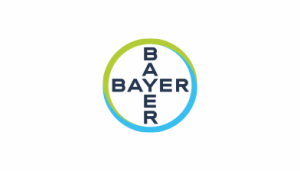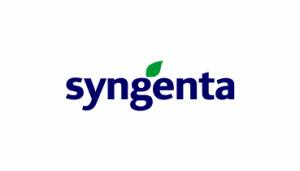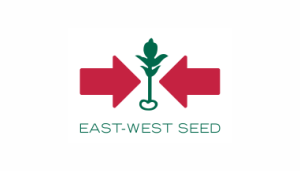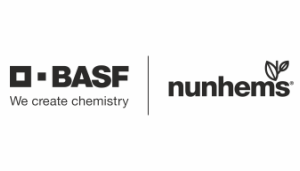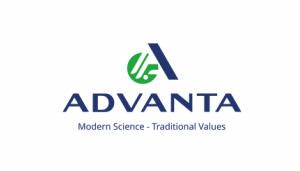ECHO’s Position Statement on Human Rights and Decent Workplace Standards in Seed Supply Chain
Agriculture is a core sector within Indian Economy with more than 50% of the population engaged in agricultural and allied activities and having a significant in country’s GDP. Within agriculture, seed supply chain covers the entire chain of activities from production of seeds, processing and packaging followed by distribution and retailing to the customers. Indian seed industry is valued at 3.6 billion USD and ensuring an ethical framework to support its sustainability is very much a need of the hour. Further, the seed industry in India engages through its contracted growers and seed organizers more than 3 million informal farm labour in seed production activities who are vulnerable to human rights violations.
Thus, seed supply chain activities have potential to affect economic, social and environmental sustainability of farming communities and farm labour especially in developing countries like India. It is necessary to understand, assess and mitigate the potential risks around labor standards, and risks around child labor and fair wages, to create resilient and sustainable seed supply chains.
With this vision and objective, Enabling Child and Human Rights with Seed Organizations (ECHO), a multistakeholder forum is established in 2019 as a joint initiative of the seed industry, Non-governmental Organizations and research institutes to identify issues and promote ethical seed production supply chain practices and enable decent work place standards in the hybrid seed industry. ECHO’s genesis traces back from Child labor Elimination Group (CLEG) in 2003 which was subsequently named as Child Care Program (CCP) in 2005.
ECHO’s objective to achieve the mission of Sustainable Seed production supply chain through protection of human rights and ensuring decent workplace standards by declaring a Position Statement as below:
- ECHO works closely with member companies and seed industry associations for ensuring decent work conditions that includes no child labour, no forced labour, fair wages, non-discrimination, no harassment, freedom of association, occupational health and safety in consistent with their business sustainability and as per national and international regulations that emerge from time- to-time
- ECHO member companies are expected to ensure having a policy statement that defines human rights strategy, undertake risk analysis of seed supply chain for growers and seed organizers, taking up necessary preventive measures, ensuring remedial actions for addressing any violations including documentation and reporting
- ECHO support and supplement efforts of seed companies for creating awareness on human rights issues for relevant stakeholders such as growers, farm labor, seed organizers etc., besides developing and equipping companies with necessary monitoring tools and conducting audits.
- ECHO in collaboration with relevant stakeholders shall focus on conducting research and advocacy for the fulfillment of its objectives as needed from time-to-time.
ECHO intends to achieve this mission for meeting human rights compliance through a unique approach of collaboration, engagement and consultation with various stakeholders.
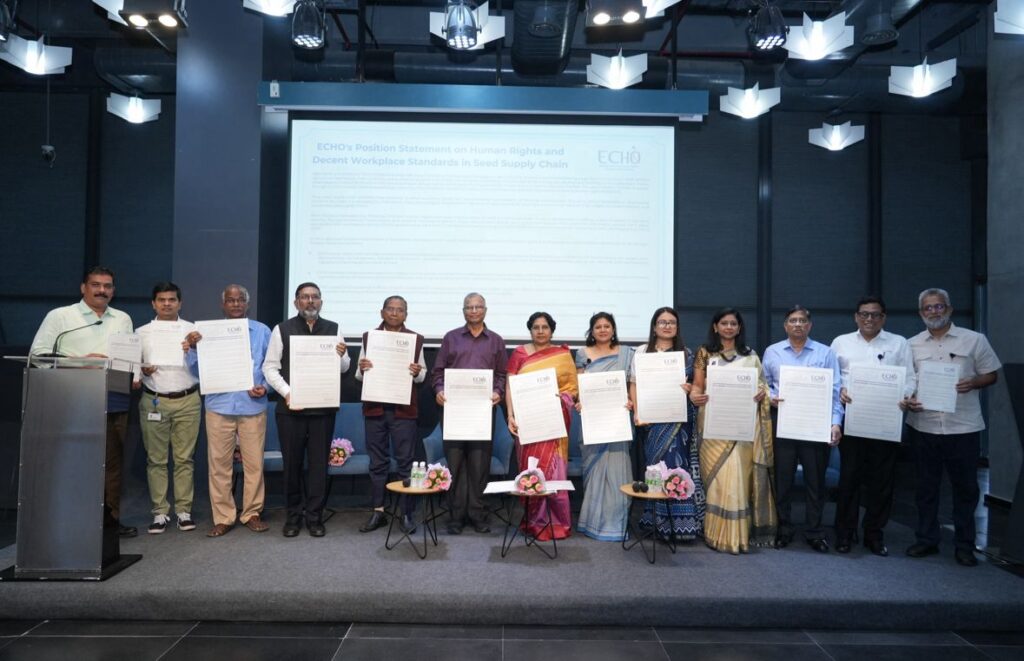
RESEARCH . ADVOCACY . ACTION . ENGAGEMENT . COLLABORATION
